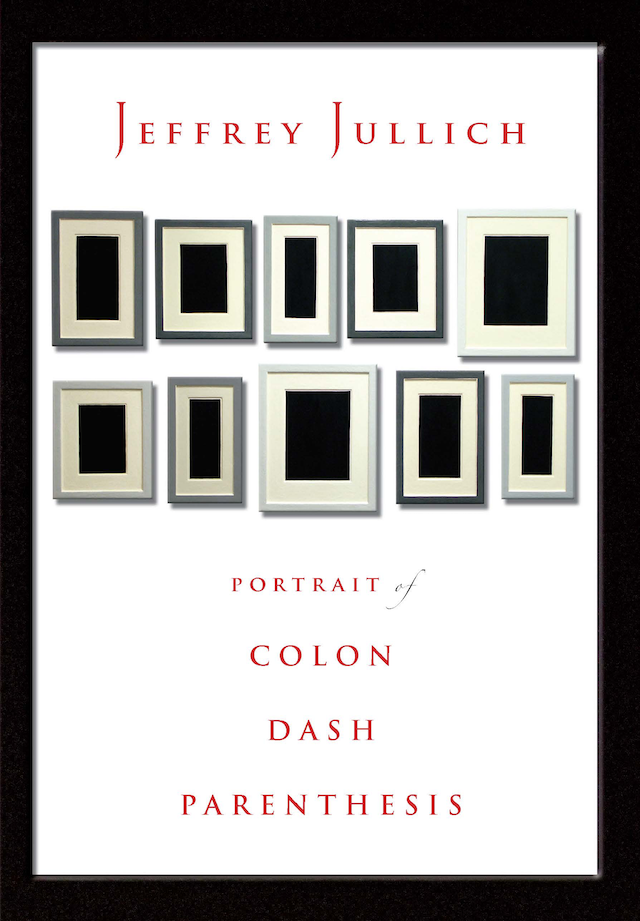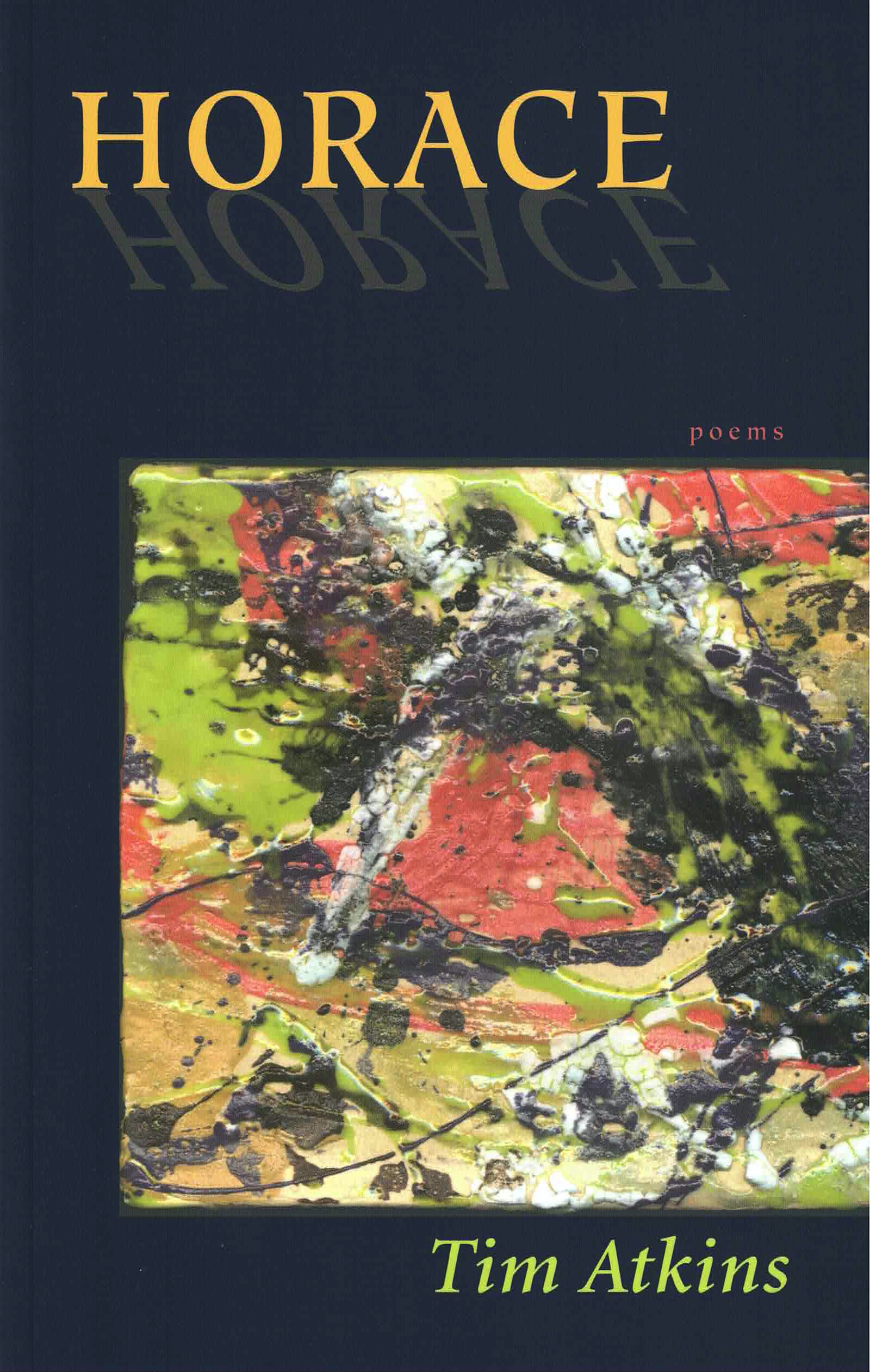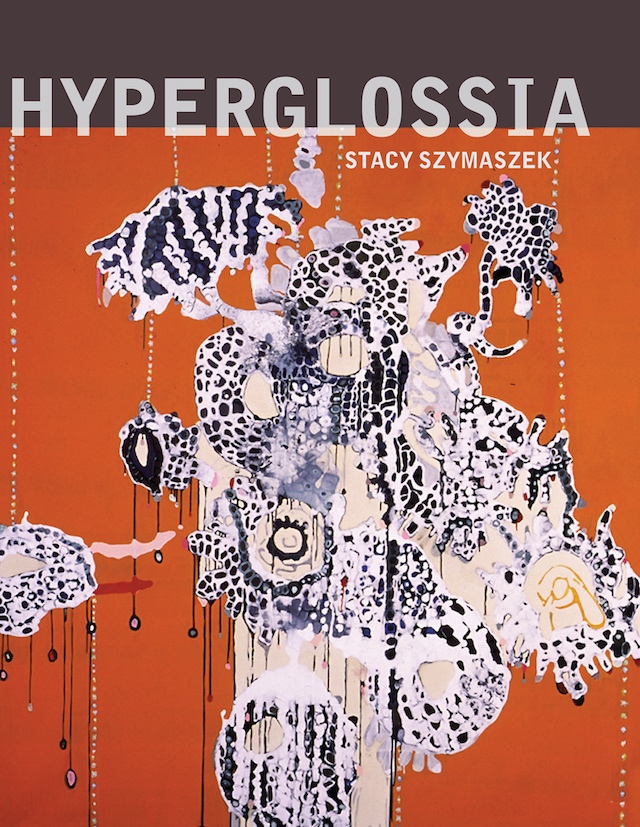Finalist for the 2010 Foreword Indies Book of the Year Award in Poetry
Portrait of Colon Dash Parenthesis concerns itself, in part, with the representation of emoticons and, especially, the rooting of emotions in the body. Ever since Shelley’s “I fall upon the thorns of life! I bleed” (or before), poetry has been characterized by emotional excess, at least until post-modern prudishness. The disappearance of the crying male from poetry accompanies a rigidifying and stoicizing of male role and image, along essentialized gender lines. Portrait attempts to reclaim the representation of emotion in poetry while focusing on the way the emotions are embodied and expressed through gesture.
Jeffrey Jullich
Praise for Portrait of Colon Dash Parenthesis
These are poems as performance. There are rather more actions than actors, their relative importance often pointed up with italics and exclamation marks. We develop a thirst for what is going on, without quite knowing what it is. Yet the poems are very precise about preciseness. They will wake you up.
— John Ashbery
It’s not strangeness alone that makes the book in your hands so uncanny. It’s that it is never redundant in its aesthetics or lacking minute particulars. I have known this bewilderingly precise poet for many decades. It is his gift to have put together a book that reads like a discontinuous stream, into which we step carefully and always into a pool of emotional questions. His is one of the most radical voices I have heard — and good for a new century.
— David Shapiro
Ashbery and Shapiro speak in different ways of Jeffrey Jullich’s “strangeness,” the quality Ashbery grows thirsty for, “without quite knowing what it is.” Both poets speak of the poet’s precision, while Shapiro adds the teaser of the “decades” during which Jullich has perfected his poetic production. Now lemme provide the California POV. We’re all variously trying to account for the apparent paradox of a writing so surprising and new, that has lain unnoticed, like Moses in the bulrushes, for years and years, while lesser phenomena have clamored for our attentions, blazed and burnt out. I guess we weren’t ready, till now, for this, ah what do they call it? “Paradigm shift.”
— Kevin Killian





Jullich powerfully captures the tension wherein the body will at once be poetry’s origin and its secret. Jullich’s preoccupation with the articulations of the body, both in terms of its anatomy and its movement, courts an object whose arrival is as necessary as it is impossible.
— Sean Reynolds, Jacket2
Emoticons can be a risky association to place front and center in your poetry collection’s title, saddled as they are with the stigma of puerile internet-speak. The association between the nuts and bolts of typographical symbols and mood, however, is a fruitful undertaking for a poet fixated on the way language creates his poems.
— Logan Fry, Galatea Resurrects